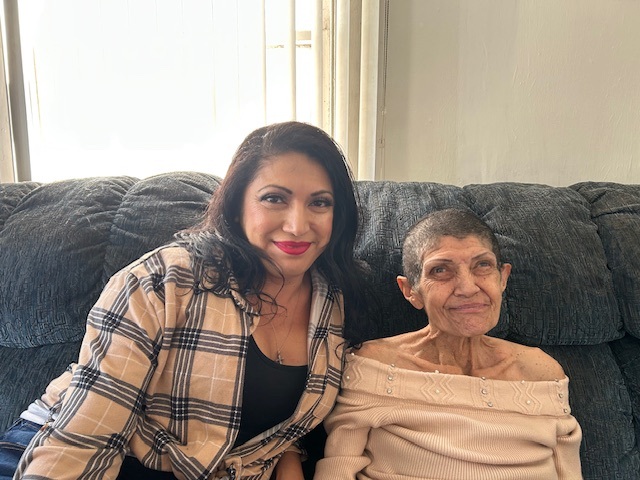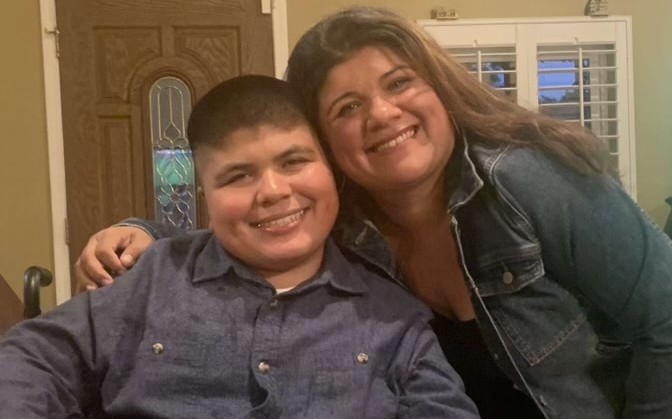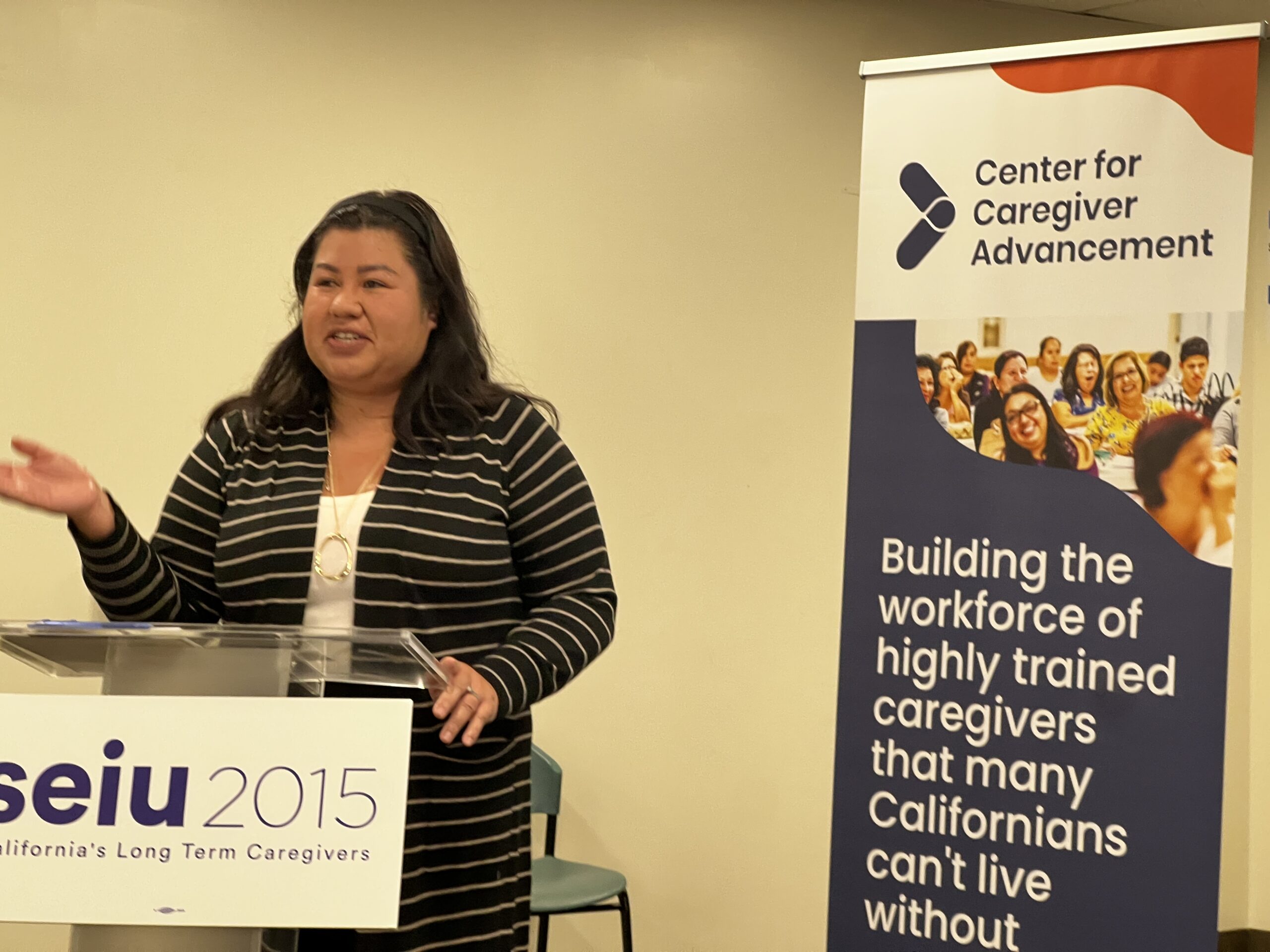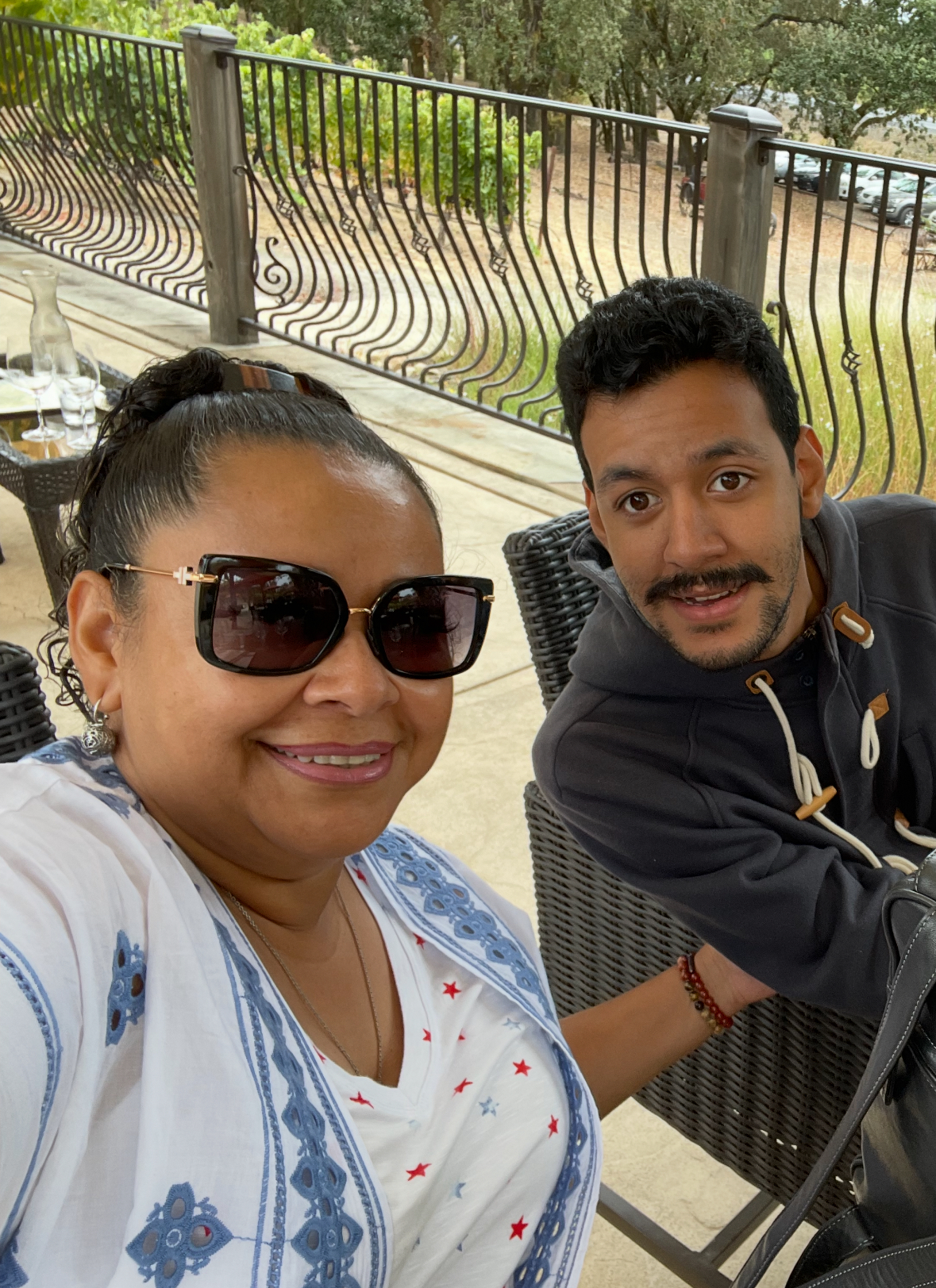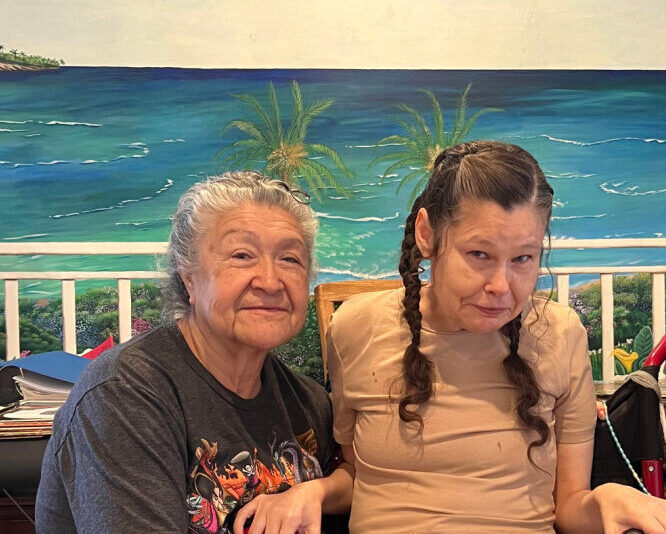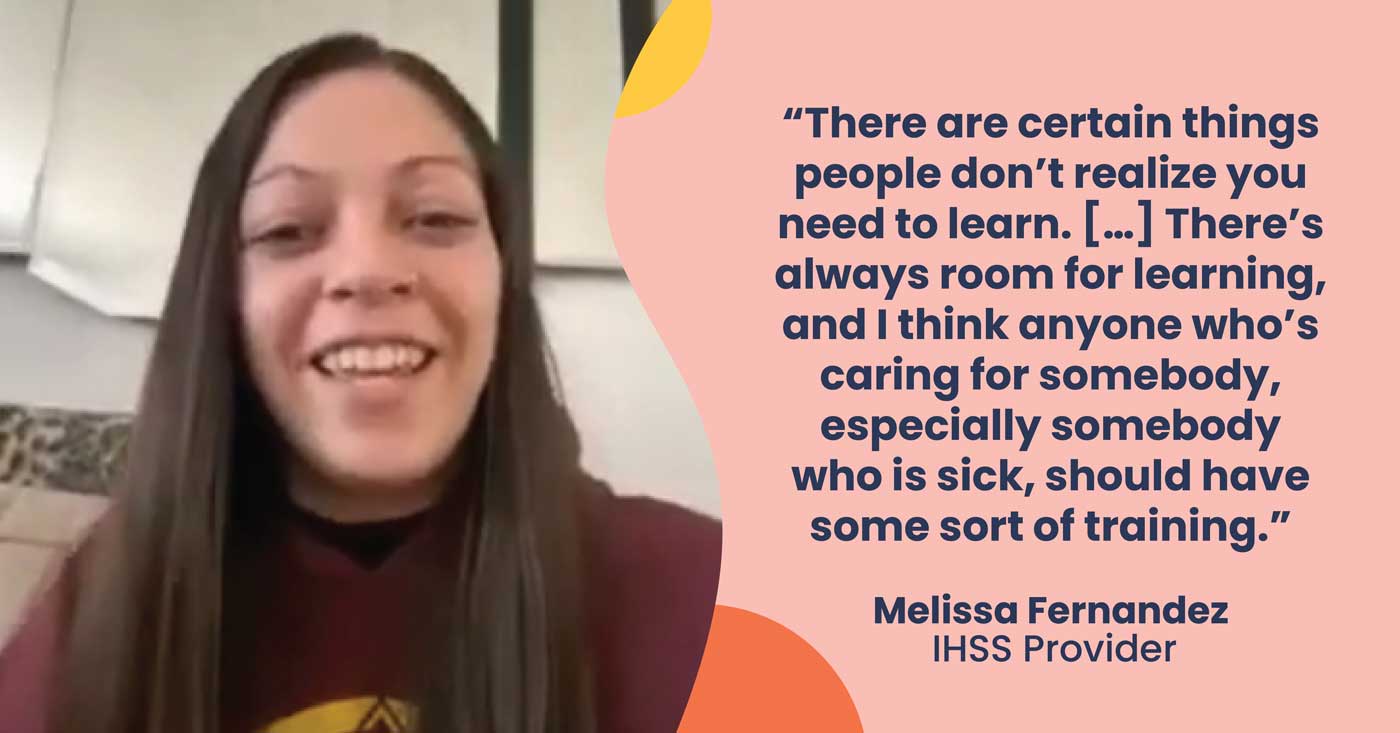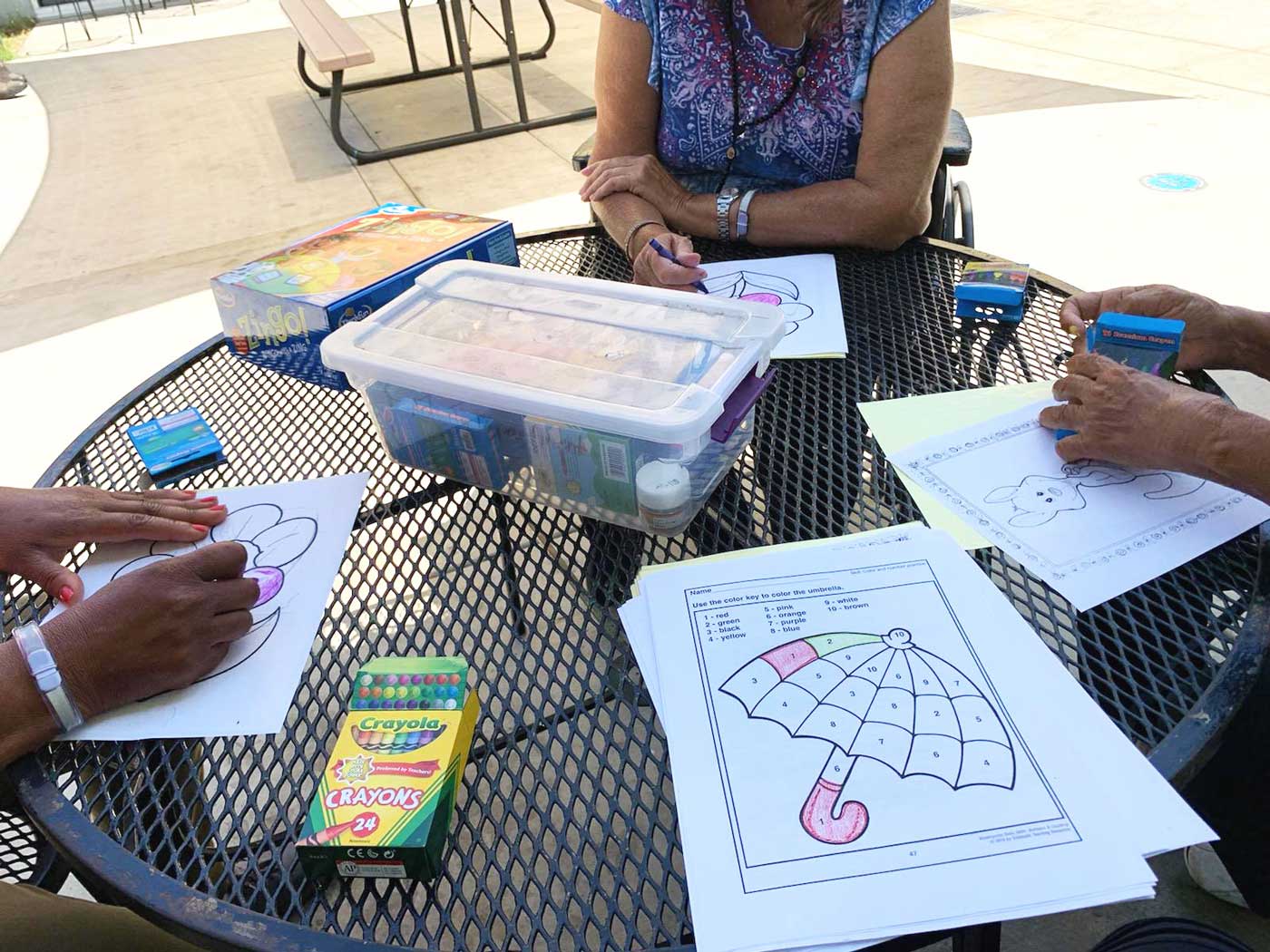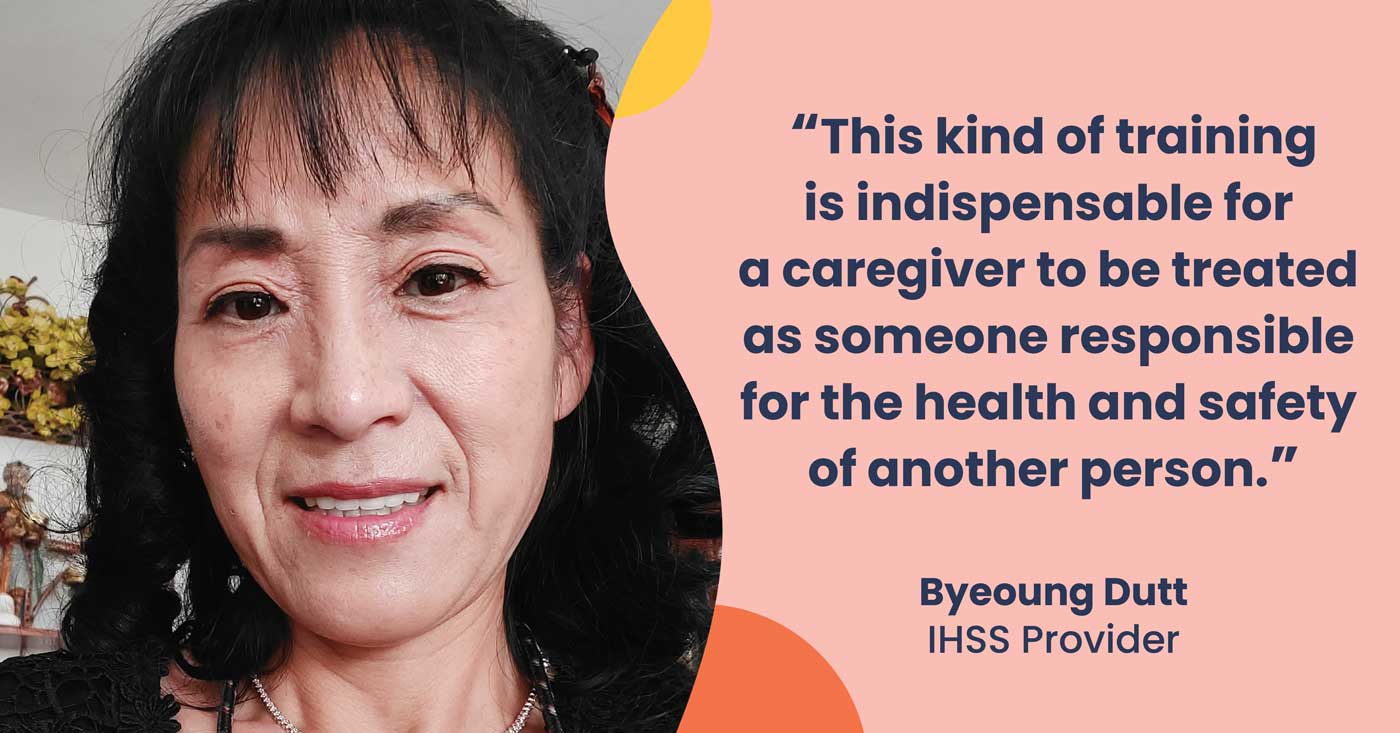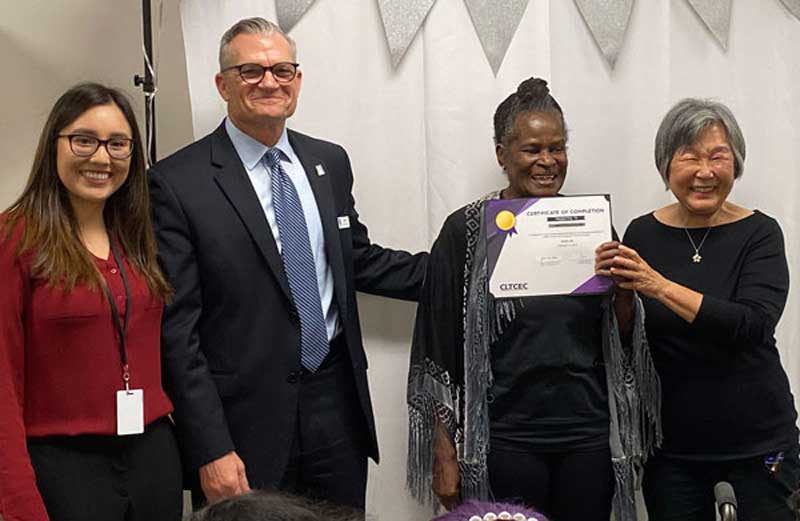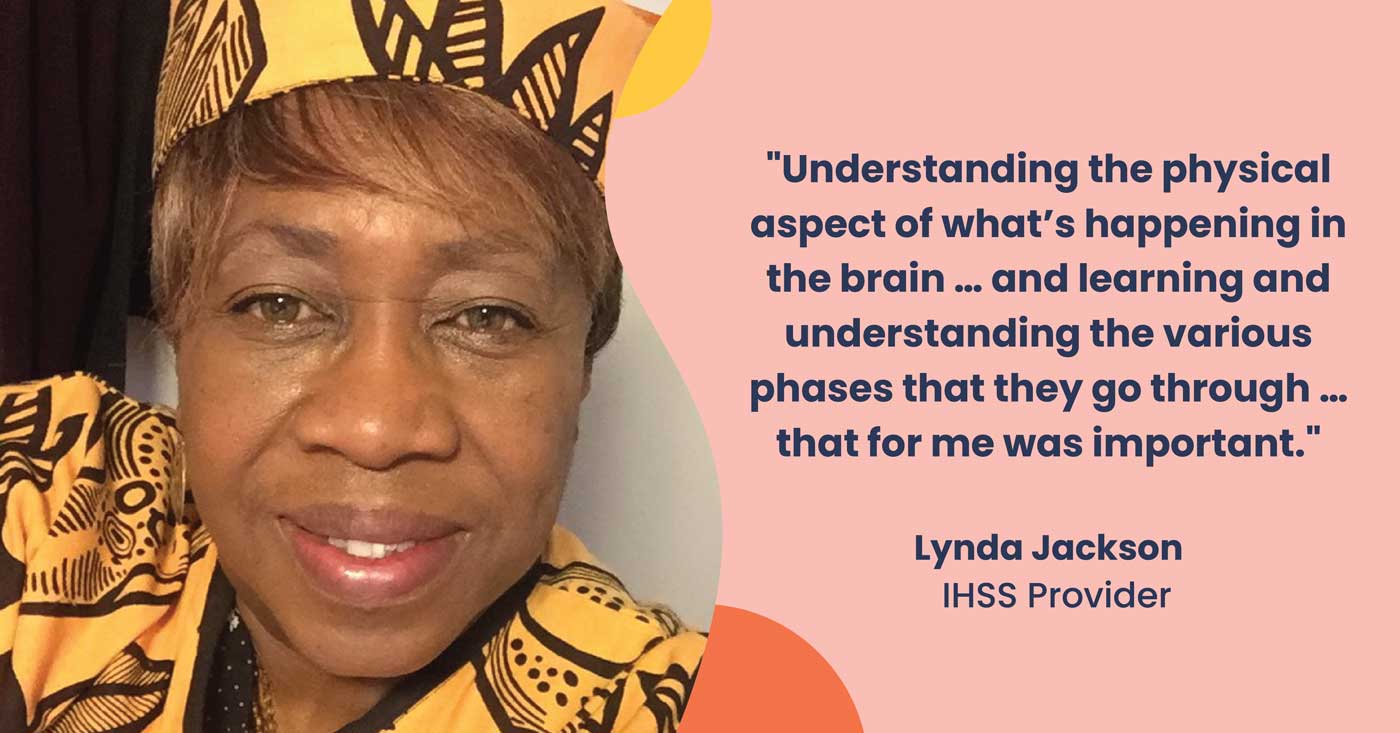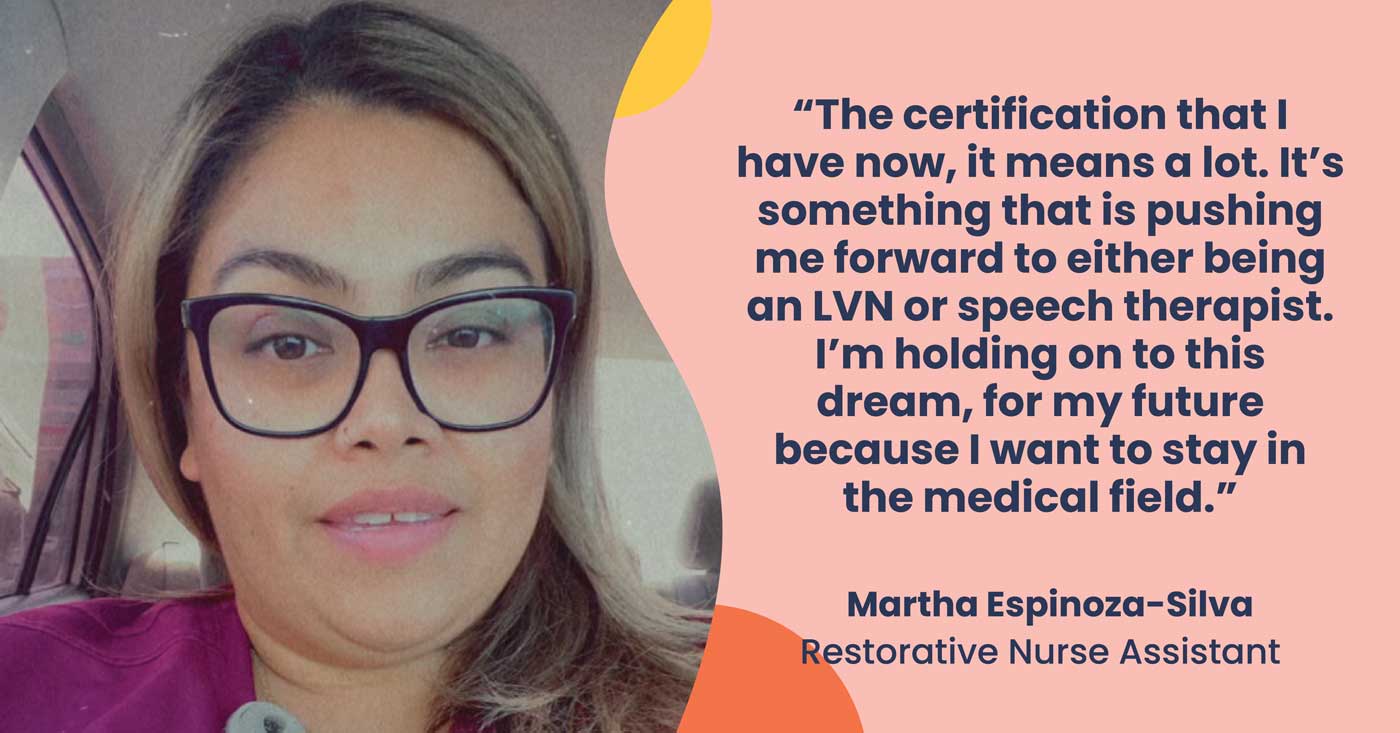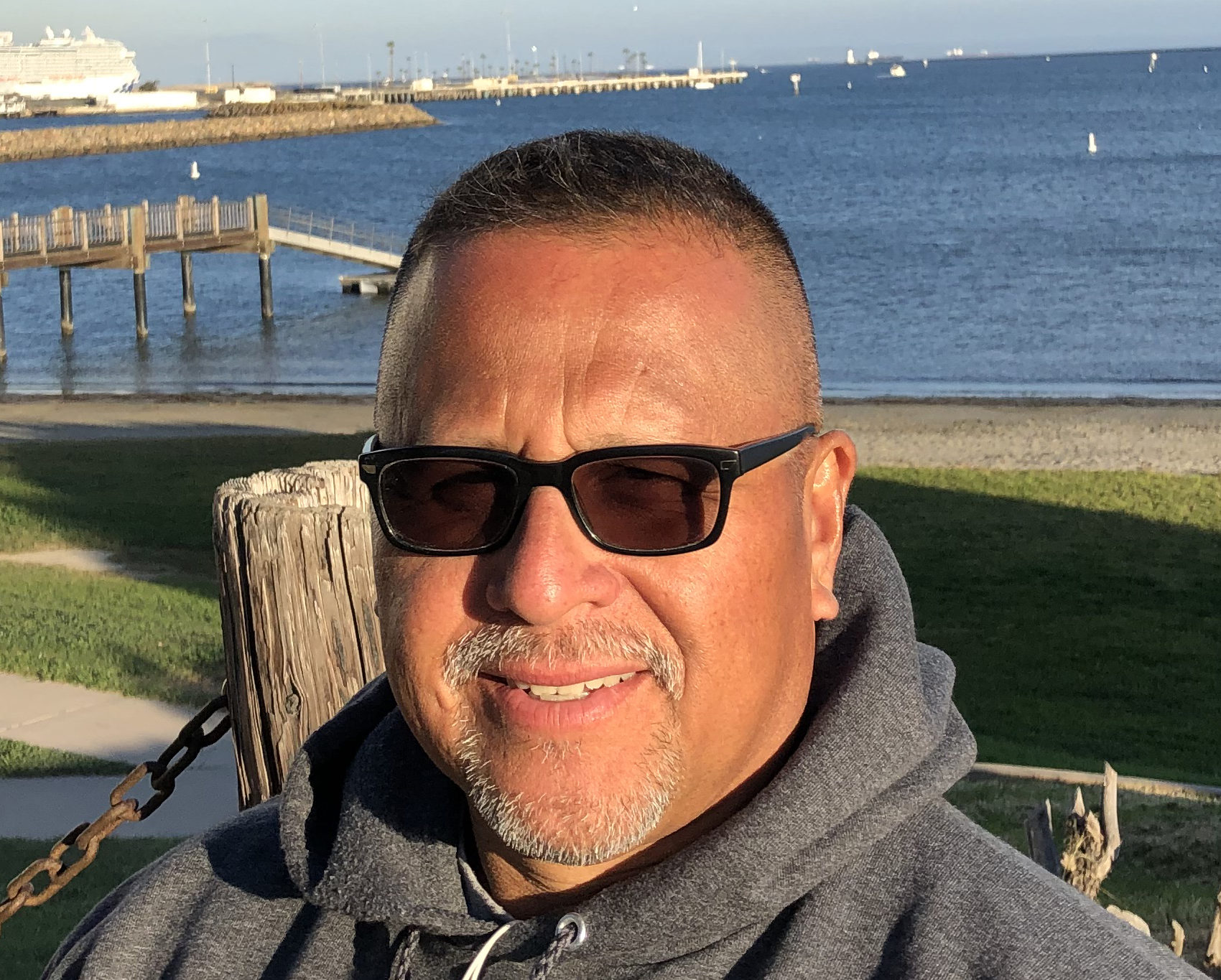Dr. Keith Savell began working with the Education Fund as an instructor six years ago, teaching courses in a variety of topics, including dementia and delirium, as part of the Education Fund’s in-person and online continuing-education program. He is passionate about fostering the training, education, and advancement of long-term care workers.
“Some of the most important work is done by our long-term caregivers and they are often the ones who receive the least support when it comes to training and ongoing education,” said Dr. Savell, who is a co-owner of Mariposa Training, a leading provider of in-person and online senior and geriatric health care training for administrators, nurses and staff caring for the elderly. “The Education Fund recognizes these needs and provides additional training for those individuals to provide the best care possible for their patients.”
For the Fund, Dr. Savell currently teaches Continuing Education Unit (CEU) classes that CNAs and LVNs need to renew their certifications. The classes he offers range from enhancing workers’ personal skills (effective time management, for example) to improving the quality of care (such as behavior management and fall prevention) at skilled nursing facilities. He also provides classes on supporting culturally diverse residents, building inclusive long-term care services for LGBTQ communities, and preventing abuse and neglect, among other topics.
Dr. Savell possesses a doctoral degree in gerontology and specializes in dementia care. He says it is essential for caregivers to receive specialized training on providing care for patients with Alzheimer’s Disease and Related Disorders (ADRD), as understanding dementia based behaviors is an integral component of communication between the caregiver and their patient.
When residents with dementia present challenging behaviors, this may be their way of communicating that they are not feeling well, that they are in pain, frightened or any number of basic human needs.
Dr. Savell also believes that it is essential for care providers to be aware of the role of their own communication style when working with residents with dementia. “Eighty percent of communication is nonverbal, so understanding the role of our own non-verbal communication will help a caregiver communicate more effectively with our residents,” he says.
He says working as an instructor for the Education Fund has been incredibly rewarding, especially when he sees a room full of long-term care workers who are eager and passionate to learn about and understand their patients.
“They are amazing people with huge hearts, with an enviable commitment to the quality of care and the lives of those they are looking after. The Ed Fund gives back to them by providing the training and educational support that they need, and that they truly deserve,” he said.





